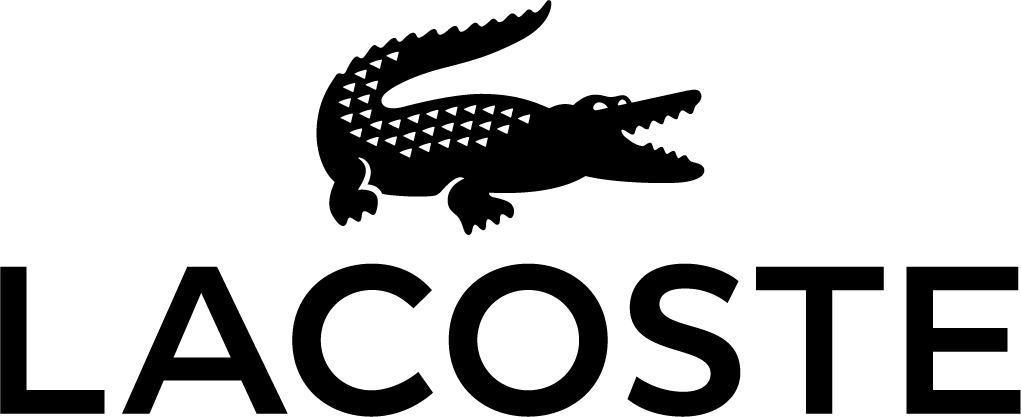
Optometrists in Lewis Center
Cataracts are a natural part of the aging process. They obstruct vision by clouding the lens of the eye, making it opaque and difficult to see clearly. Cataracts are a leading cause of vision loss and blindness worldwide. While there is no non-surgical cure for cataracts, research has shown that some foods and dietary supplements appear to delay the progression of this sight-threatening eye condition in certain people.
According to a study published by Nutrients (2019), oxidative stress causes damage to proteins and enzymes in the lens, which leads to cataract formation. An imbalance between free radicals (atoms that destroy cells in your body) and antioxidants (which diminish them) causes oxidative stress. Oxidative stress occurs when you don’t have enough antioxidants to neutralize the free radicals in your body.
Unhealthy foods are one major source of free radicals. According to some optometrists, eating a high-antioxidant diet can help slow the progression of cataracts and even lower your risk of developing cataracts in the first place.
What Foods to Avoid For Good Vision
Leading a healthy lifestyle is one of the surest ways to maintain good vision. This includes exercising, eating enough fruits and vegetables and making informed health decisions. Soft drinks, processed foods, fried foods and sugary snacks should all be avoided, as they’ve been shown to increase the risk of developing cataracts earlier in life.
It’s also a good idea to cut down on your sodium intake, as a study published by the American Journal of Epidemiology (2000) found that a high salt intake makes people more likely to develop cataracts.
Because cataracts are a natural part of aging, most older people will develop them at some point in their lives. To postpone the advent of cataracts, try consuming these foods and supplements.
Which Foods to Include in Your Diet to Prevent Cataracts
Ideally, you should eat 2 servings of fish each week, 3 servings of whole grains daily, and 5 to 9 servings of vegetables and fruits per day to reduce your risk of cataracts. The following are some of the most beneficial food sources for lowering your risk of this common eye disease.
Omega-3 Fatty Acids
When it comes to keeping your eyes healthy, omega-3 fatty acids are nothing short of a superfood. Omega-3 fatty acids reduce your risk of developing cataracts and keep your eyes hydrated by supplying essential oils for your tear layer.
Flax seeds are regarded as one of the greatest sources of omega-3 fatty acids. Other sources include grass-fed beef, tofu, and fatty fish such as cod, salmon, sardines and halibut.
Vitamin C
Vitamin C has long been known to help prevent colds, but it can also help lower your risk of cataracts. Guava and oranges are a good source of this vitamin. Vitamin C is also abundant in red and green chili peppers, bell peppers, dark leafy greens, kiwi, papaya and broccoli.
Nuts and Seeds
Vitamin E is an antioxidant that helps to protect the membranes of your eyes. Walnuts, for instance, are high in vitamin E, omega-3 fatty acids, and antioxidants.
Almonds, sunflower seeds, hazelnuts and peanuts are among the nuts and seeds that are excellent for your eyes.
Whole Grains
Not only do whole grains boost your eye health but they can reduce your risk of developing cataracts early on. Try adding quinoa, oatmeal, rye, wheat, brown rice, wheat and sorghum to your diet.
Fruits and Vegetables
Carotenoids are the pigments that give yellow, red, and orange fruits and vegetables their color. These items can be eaten raw, but for the best results, you should boil them first.Cantaloupes, sweet potatoes, carrots, and pumpkins contain carotenoids such as beta carotene and vitamin A, which help to prevent cataracts.
According to a study published in the American Journal of Clinical Nutrition (2019), adding 10 mg of carotenoids to your diet lowers your risk of developing cataracts by roughly 26%. The maximum antioxidant content is found in vegetables and fruits. When shopping, look for fruits and vegetables with a variety of hues. Eat the skins whenever possible because they’re high in lutein, zeaxanthin, and vitamins A, C and E.
No one antioxidant can stop free radicals from causing oxidative stress, so it’s crucial to consume a wide range of antioxidant-rich foods.
Although this list isn’t complete, consuming these foods can help strengthen your eyes and may stave off cataracts for a time.
Routine Eye Exams
Even if you have perfect vision right now, seeing your eye doctor on a regular basis is one of the best ways to preserve it. Your eye care provider can check for signs of cataracts and other eye conditions during annual visits.
Early detection can help save your sight. Contact Professional VisionCare in Lewis Center, to schedule an eye exam to ensure you have healthy vision for years to come.
Frequently Asked Questions
Q: What else can I do to prevent cataracts?
- A: Besides ensuring you lead a healthy diet, make sure to protect your eyes from ultraviolet (UV) radiation. UV rays emitted by the sun are known to increase a person’s risk of cataracts. You can easily do this by wearing UV-blocking sunglasses along with a wide-brimmed hat.In addition, if you smoke, quit smoking, as it releases free radicals in the body, increasing your risk of cataracts.
Q: Can cataracts cause blindness?
- A: Left untreated, cataracts cause gradual vision loss, eventually leading to legal blindness or even total blindness. Fortunately, there are various measures you can take to prevent this from occurring, such as undergoing cataract surgery.
Quality Frames For Prescription Eyeglasses & Computer Glasses. Visit Professional VisionCare for an eye exam and eyeglasses that match your style.
In addition, if you smoke, quit smoking, as it releases free radicals in the body, increasing your risk of cataracts." } },{ "@type": "Question", "name": "Can cataracts cause blindness?", "acceptedAnswer": { "@type": "Answer", "text": "Left untreated, cataracts cause gradual vision loss, eventually leading to legal blindness or even total blindness. Fortunately, there are various measures you can take to prevent this from occurring, such as undergoing cataract surgery." } } ] }































